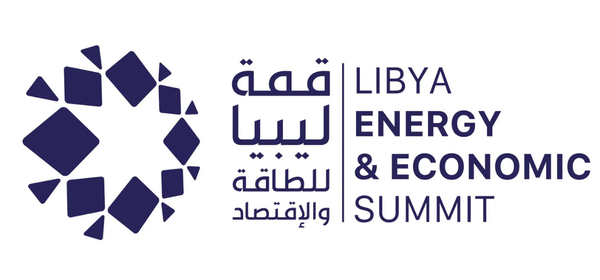Turkey Sees Potential in Libya's Infrastructure and Energy Growth
)
Currently, Libya is Turkey's second largest export market in Africa after Egypt, with a bilateral trade volume of around $4 billion to $4.5 billion per year. Turkey's exports to Libya were at $96 billion during the 2000s but dropped to $1 billion in 2011.
To revitalize trade volume and cooperation between private sector businesses in both countries, efforts are being intensified. In October 2023, Turkey’s Minister of Trade Omar Polat expressed his approval for signing a trade liberalization agreement that would lift customs taxes on Libyan goods and prevent double taxation.
The sector that currently benefits the most from this boost in trade relations is construction and infrastructure development. The value of projects implemented by the Turkish contracting sector in Libya has reached approximately $30.8 billion from 1972 to 2024.
Several major infrastructure projects are planned, including the Libyan-Turkish Company for Petrochemical Industries, which constructed a factory in May this year to produce bitumen and asphalt. The factory's production capacity is aimed to reach 500 tons per day, with the factory expected to be ready for production within a year.
In April 2024, Turkish company Terminal Yapi and British group IRG International signed an agreement with the Libyan government to determine the technical and financial foundations for the new Tripoli airport project. Following the Final Investment Decision, both companies will rehabilitate and operate the airport.
Furthermore, considering that Libya holds Africa's largest proven oil reserves, at 48 billion barrels, opportunities in the energy sector are substantial. This viewpoint was echoed by Turkish Minister of Energy and Natural Resources, Alparslan Bayraktar, who, during the Libya Energy and Economy Summit (LEES) in Tripoli in January 2024, emphasized the need to enhance bilateral trade relations in the energy sector.
Fossil fuels, particularly petroleum and natural gas, drive 95% of export earnings and contribute 65% to Libya’s GDP. The country has set an ambitious target to reach 2 million barrels of production per day by 2026. Turkish construction companies, due to their extensive experience in the field, are well-positioned to meet the sector's demand.
However, Libya's potential extends beyond fossil fuels alone. At LEES 2024, Minister Bayraktar underscored Libya's potential for renewable energy development. Libya is poised to leverage its abundant solar resources, aiming to generate 22% of its electricity from renewables by 2030, with a capacity target of 4 GW by 2035. Libya stands to benefit from Turkey's expertise in this sector, given Turkey's total solar power capacity of 13.9 GW.
The Libya Energy and Economy Summit (LEES) 2025, scheduled for January in Tripoli, will serve as a platform to unite Turkish investors and local stakeholders, showcasing compelling projects across the energy value chain

